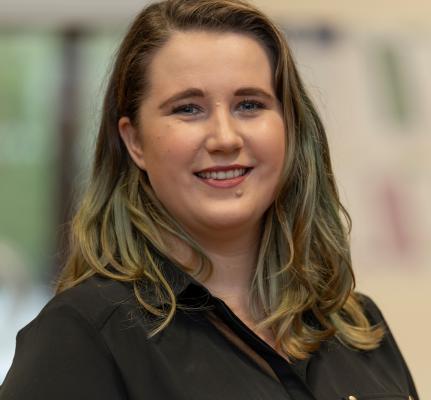District nurse
District nurses make a difference everyday to the lives of the people they visit at home and in residential care homes. They provide increasingly complex care for patients and support for family members.
Working life
As a district nurse, you'll
- assess the healthcare needs of patients and families
- monitor the quality of care they're receiving
- be professionally accountable for its delivery
Your patients could be any age, but they'll often be elderly, while others may have been recently discharged from hospital, be terminally ill or have physical disabilities.
You'll be visiting patients every day or more than once a day, offering help, advice and support. You may work on your own or with other groups, such as the social services, voluntary agencies and other NHS organisations and help to provide and co-ordinate a wide range of care services.
As well as providing direct patient care, you'll have a teaching and support role, working with patients to enable them to care for themselves or with family members teaching them how to give care to their relatives. You'll also be accountable for your own patient caseloads.
You'll play a vital role in keeping hospital admissions and re-admissions to a minimum and ensuring that patients can return to their own homes as soon as possible.
Bethany Ojigbo
Senior staff nurse
Read Bethany's storyBeing a nurse affects every single part of your life. It becomes a defining trait of who you are as a person.

Entry requirements and training
You need to be a registered adult, child, mental health or learning disability nurse to apply for a district nursing training programme.
District nurse training programmes are known as specialist practitioner programmes and are at degree level. You can also find courses at post graduate certificate and Master's level. They are normally no less than one academic year (32 weeks) full time or part-time equivalent.
Specialist practitioner programmes comprise 50% theory and 50% practice and concentrate on four areas:
- clinical nursing practice
- care and programme management
- clinical practice development
- clinical practice leadership.
Community staff nurses can be funded onto a district nurse specialist practitioner programme via their employing organisation. Sponsorship opportunities are also available each year, usually with a September start, for applicants with the relevant registration and experience.
District nurse apprenticeship
A level 7 apprenticeship standard in district nursing has been approved for delivery. To get onto an apprenticeship, you will need to apply for an apprentice position with a health care provider.
Must have skills
You will need to be adaptable and resourceful. You'll need to be well organised, confident and able to cope in potentially challenging situations. Leadership and management skills are also important as you will supervise and lead a team of community staff nurses and healthcare assistants in the delivery of care. As with all nursing roles, communication skills, problem solving and good judgement are crucial.
Pay and benefits
Your standard working week will be around 37.5 hours on shift pattern which can include nights, early starts, evenings, weekends and bank holidays. As a district nurse, you’ll be paid on the Agenda for Change (AFC) pay system, typically starting at band 6.
You’ll also have access to our generous pension scheme and health service discounts, as well as at least 27 days of annual leave plus bank holidays.
Where the role could lead
Once you have qualified as a district nurse, there are a wide range of opportunities. You may want to lead a team and become a community matron or move into teaching/lecturing or clinical research. You could also be a preceptor or mentor for other nurses.




